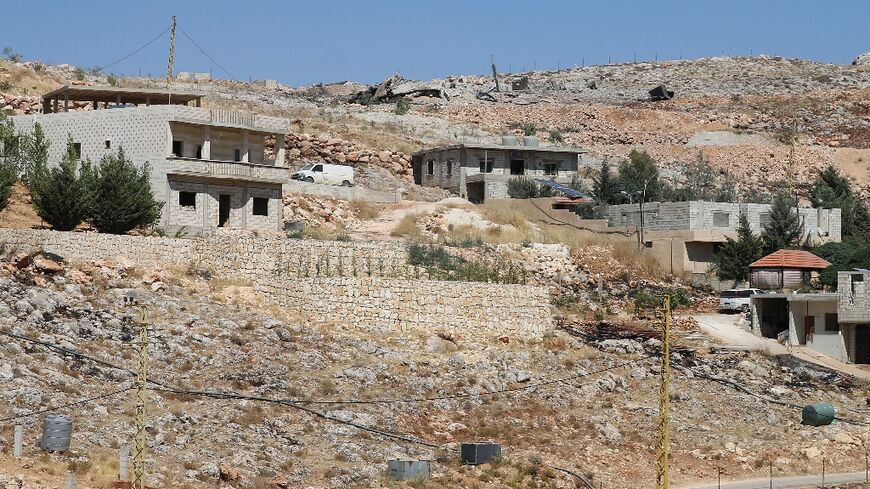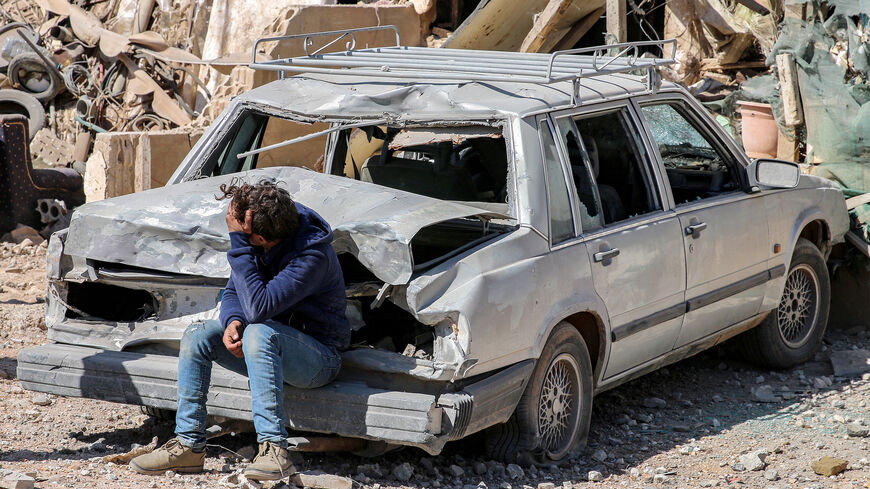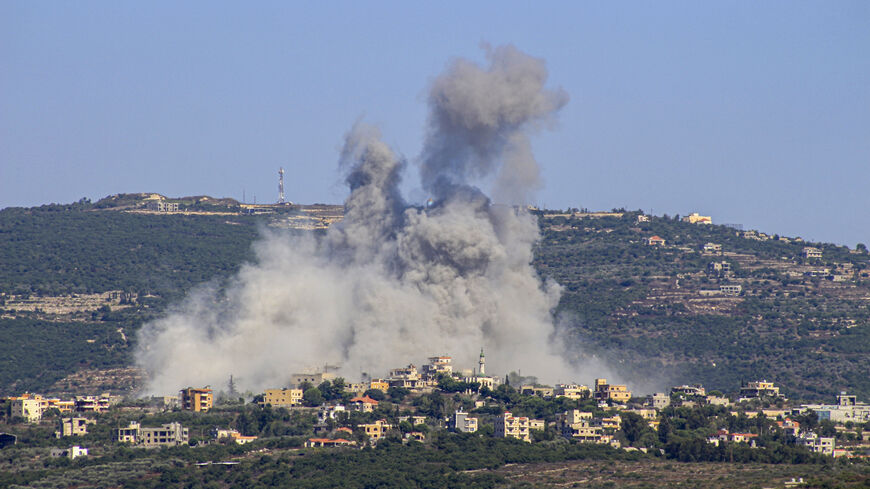Israel-Hezbollah tension expands to Golan Heights amid rocket attack
The Israeli military is threatening to retaliate after more than 50 Katyusha rockets were fired by Hezbollah at the Golan Heights town of Katzrin, following overnight strikes in Lebanon targeting Hezbollah ammunition depots.

Israel and Hezbollah exchanged cross-border strikes on Wednesday, killing at least one person in eastern Lebanon and leaving another injured in the Israeli-annexed Golan Heights.
Following Israeli strikes overnight on ammunition depots deep in eastern Lebanon, in the Baalbek district some 100 kilometers (62 miles) from the border, Hezbollah launched a barrage of 50 rockets at the town of Katzrin, in the Golan Heights. Lebanon's Health Ministry said in a statement that the strikes had killed at least one person and injured around 30 others, while Israeli authorities said Hezbollah's strikes had moderately injured one person and caused damage to homes.
Israel annexed the Golan Heights in 1981 in a move not recognized by the international community, with the exception of the United States since 2019.
Hezbollah said the barrage of Katyusha rockets had targeted the nearby Amiad military base, adding that the attack was in retaliation for the overnight strikes on its ammunition depots. It was the second night in a row that Israeli jets struck ammunition depots deep in eastern Lebanon.
The Israeli military rejected the claim that the Amiad base had been the target. Spokesperson Daniel Hagari warned Wednesday on X, "Once again, Hezbollah fires indiscriminately at Israeli civilians. Like any country that protects its citizens, we will act accordingly."
After the rocket barrage, sirens sounded in a few villages in the Upper Galilee region, with the Israeli military saying that several suspected rockets or drones had crossed the border. Some were intercepted in the air, and the others fell in open areas.
The Hezbollah-affiliated Al-Mayadeen news outlet reported on Wednesday that Khalil al-Maqdah, a member of the Al-Aqsa Martyrs Brigades, was killed in his car in Sidon, in southern Lebanon. The Israeli military confirmed the report.
Ongoing escalation
Tensions between the Israeli military and Hezbollah have spiked in recent weeks following the assassinations of Hezbollah commander Fuad Shukr in Beirut on July 31 and Hamas political leader Ismail Haniyeh in Tehran less than 24 hours later. Israel took credit for Shukr's killing and is widely believed to be responsible for Haniyeh's death.
The Israeli military said Tuesday night that secondary explosions were identified after the strikes in eastern Lebanon, “indicating the presence of weapons in the warehouses that were attacked.” It also accused Hezbollah of locating military infrastructures in populated areas in “cynical exploitation of Lebanese citizens."
According to the Israeli military, more than 100 rockets and drones were launched at northern Israel throughout Tuesday without any casualties reported. Some rockets and drones were intercepted while others fell into open areas, causing fires.




![🚨 [#Picture] Photos of the aftermath of the strike on Haret Hreik sent to L'Orient Today by Hassan Chaitani, local resident in the area.](/sites/default/files/styles/article_header/public/2024-07/Dahiye.jpeg?h=08b866d1&itok=wVXnDv4s)


